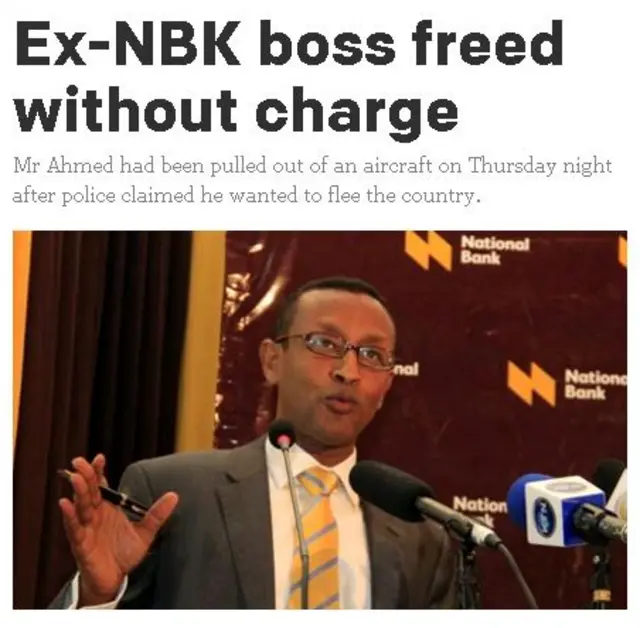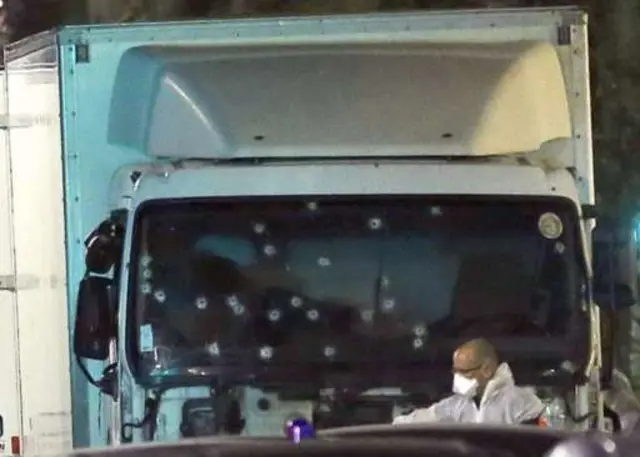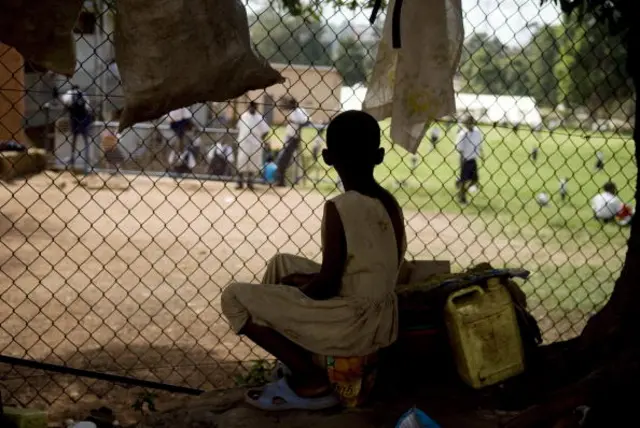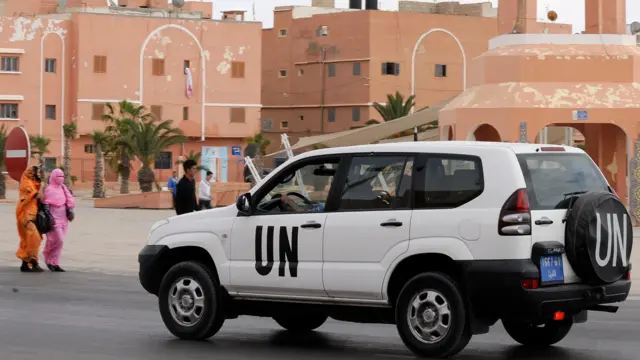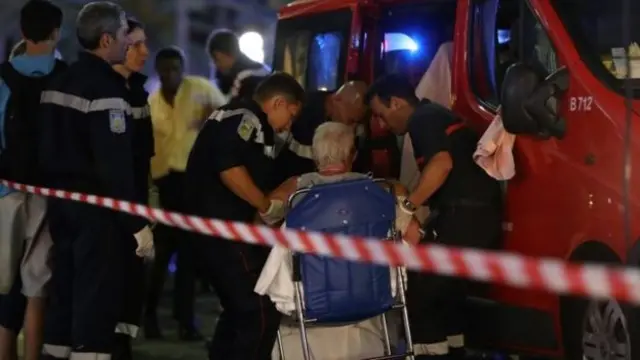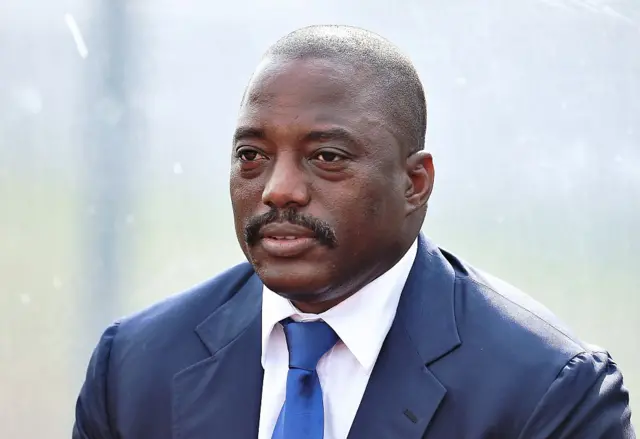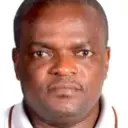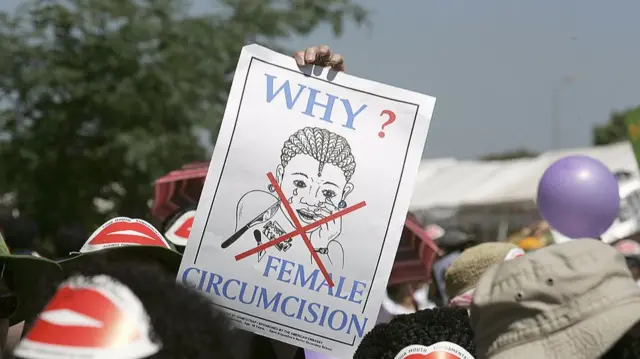Is Lagos the riskiest place to play Pokemon Go?published at 12:17 BST 15 July 2016
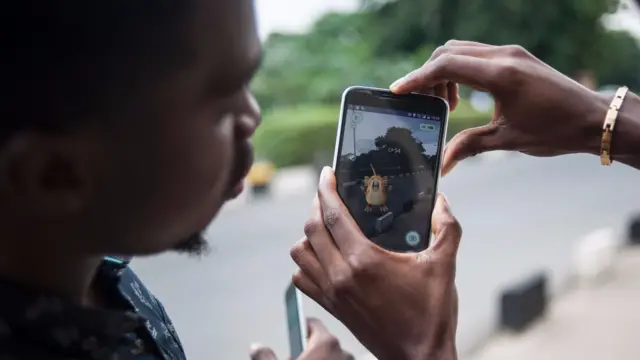 Image source, Getty
Image source, GettyMillions of people are playing Pokemon Go - a mobile game that blends the real world with computer graphics.
Like many other players around the world, people in Lagos, Nigeria, found a way to download the game when it was released earlier this month, despite it being officially available only in the United States, Australia and New Zealand.
But players have been telling AFP news agency that they have to keep their wits about them when walking around staring at their game.
"Here it's like Mad Max, you've gotta be sharp or else there will be some injuries," Timi Ajiboye, a 23-year-old software developer, told AFP.
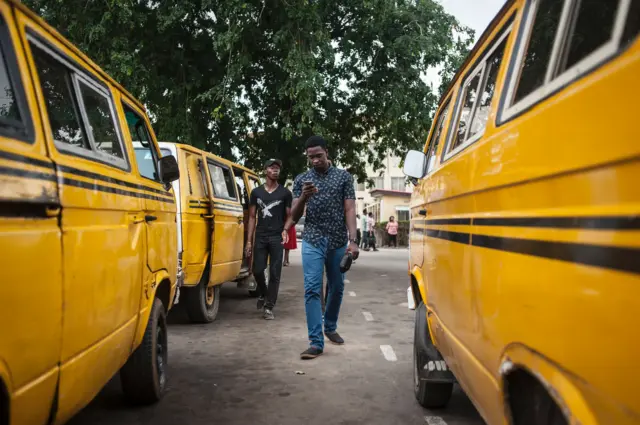 Image source, Getty Images
Image source, Getty ImagesBut playing in Lagos comes with its advantages.
"There's so much rare Pokemon here because it's not a mainstream country," Ajiboye's younger brother Tade said.
The 19-year-old explained that he's seen "quite a few Bulbasaur" though hasn't been able to catch the green dinosaur-like species since "they are very stubborn".
AFP reports that just the fact people can play the game, which has to be connected to the internet, shows mobile phone coverage has improved in the city.
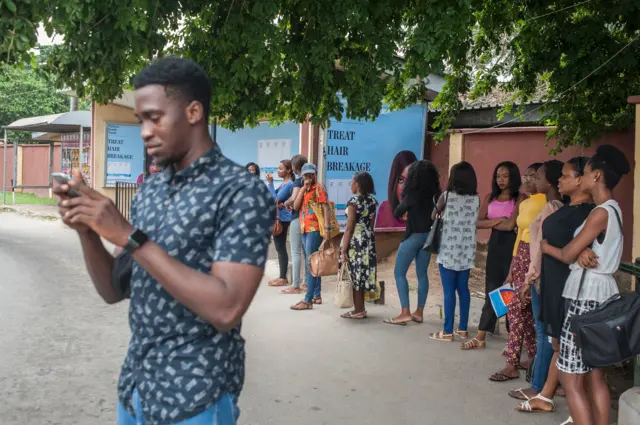 Image source, Getty Images
Image source, Getty Images